The coronavirus pandemic forced the European Union to introduce novel financing solutions. This is how the so-called recovery and resilience funds were established – with the consent of every member state. The aim of these funds is to help speed up public investments and reforms – which serve the interests of the EU while also allowing member states to deal with the economic and social impacts of the pandemic. All so that the economies of the EU can be more sustainable and resilient.
Hungary is to receive 16.8 billion euros from this plan. Of this, 7.2 billion euros are direct grants and 9.6 billion euros are loans. The money is due our country, but Brussels is holding back these resources.
By doing so however, they make it difficult to achieve goals that the European Commission itself is demanding from member states.
This includes, for example, goals in the field of energy which have only become all the more important due to the energy crisis and the Russian-Ukrainian war. This program of the recovery plan could strengthen energy independence and security by reducing import dependence. It would ensure affordable energy as well as increase renewable energy sources while reducing the emission of harmful substances. Therefore, within the framework of the recovery plan, the Hungarian government would help establish a flexible and safe electricity network for channelling weather-dependent renewable energy sources. This contributes to increasing domestic solar panel usage along with modernizing heating systems. It would also provide an opportunity for the poorest to be able to replace expensive and polluting heating systems with sustainable and more affordable solutions. There would also be money for increasing geothermal energy.
By delaying EU funds to Poland and Hungary, the European Commission is essentially going against itself. After all, it is not promoting the actualization of goals that are in the interest of the whole continent. And this weakens the European Union itself.
The Hungarian government started negotiations with Brussels over the resources back in December 2020. Then, in April 2022, right after the elections, the Commission announced it would launch proceedings against our country to “protect” the EU funds. According to the Hungarian government, this is motivated by political interests.
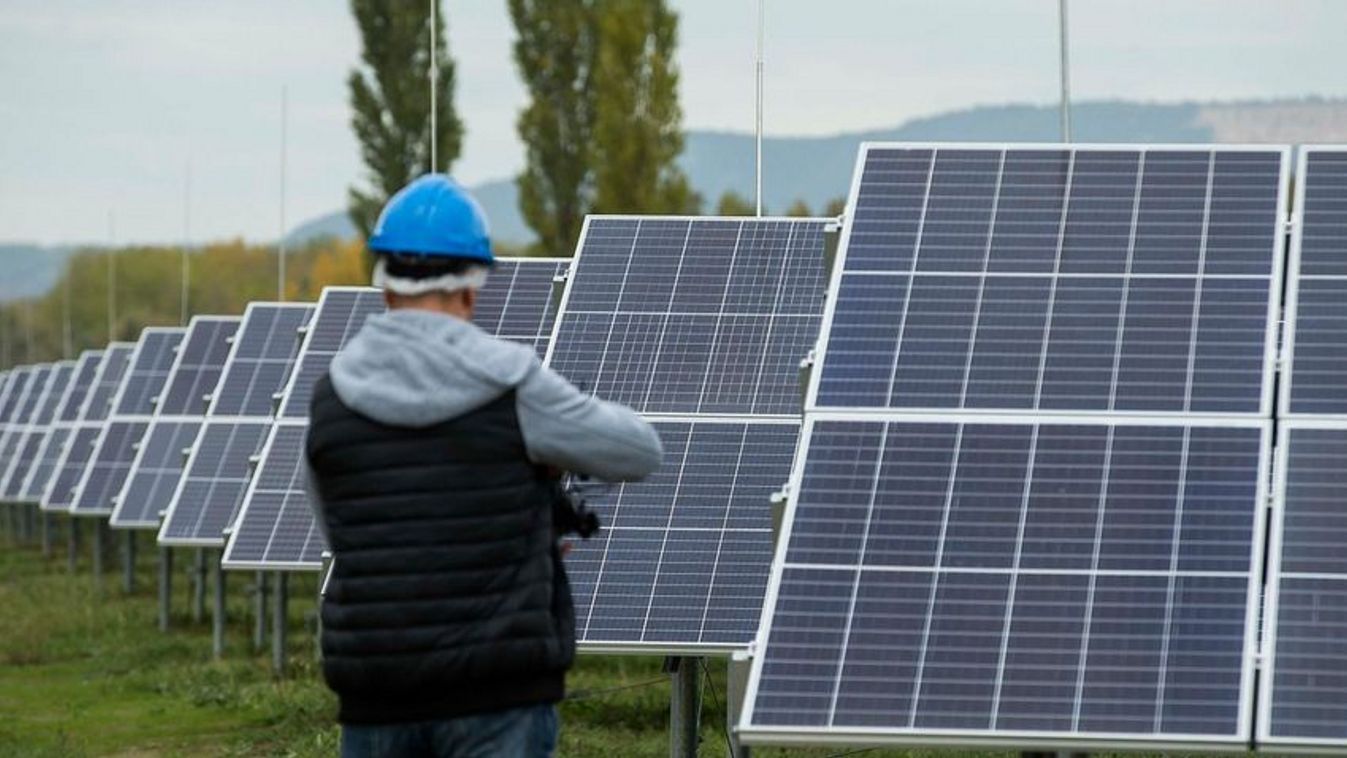

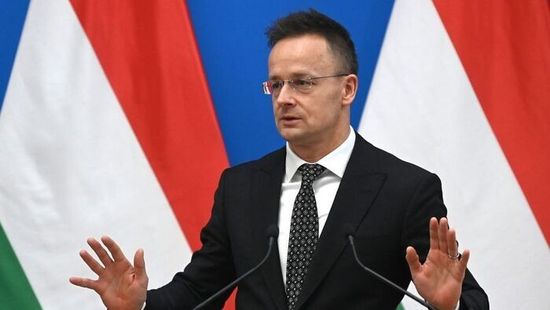

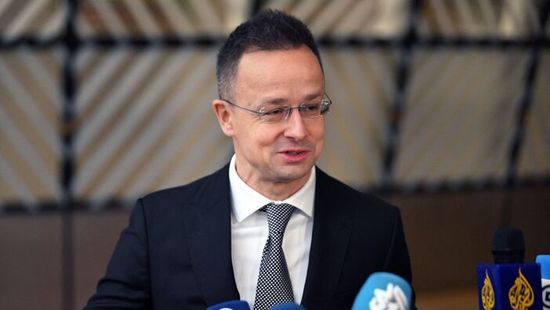

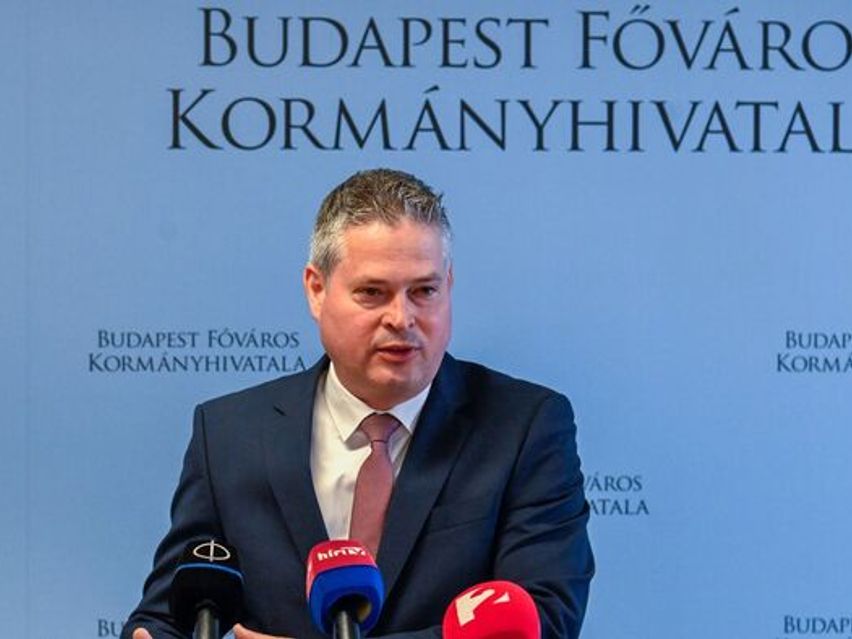
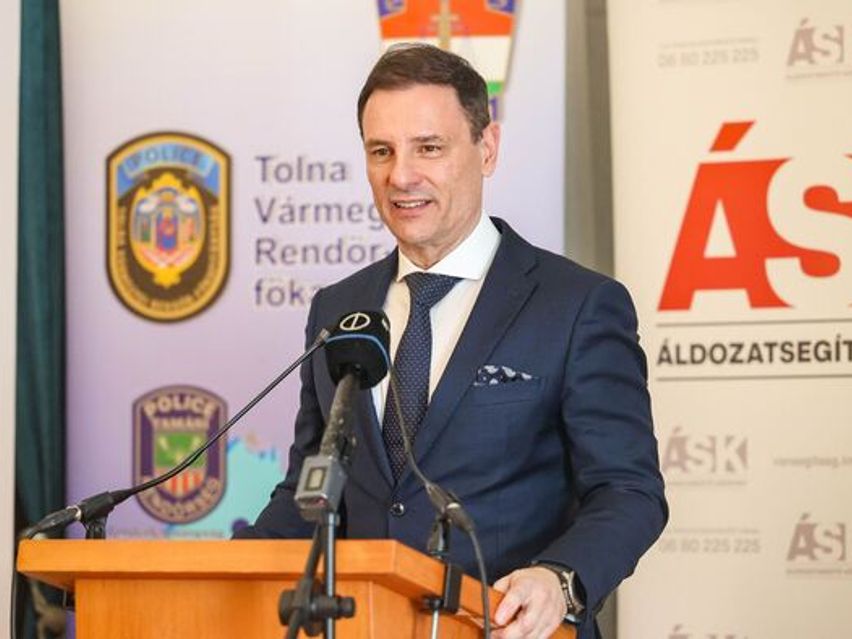







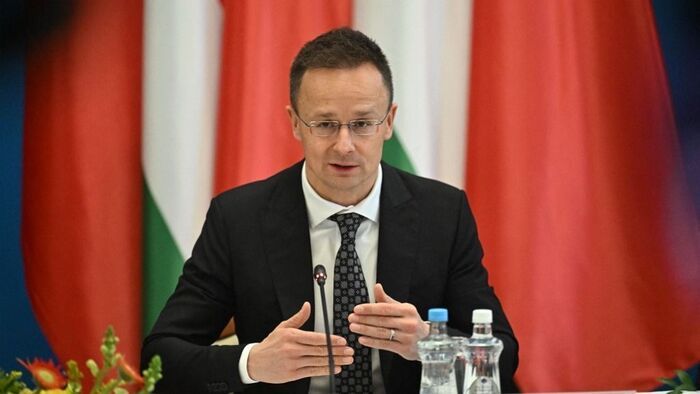



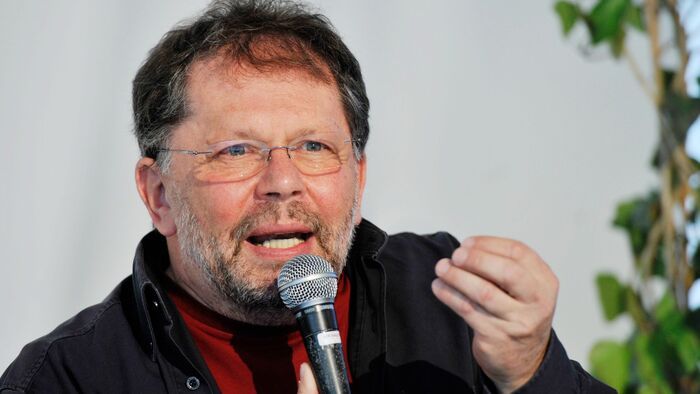
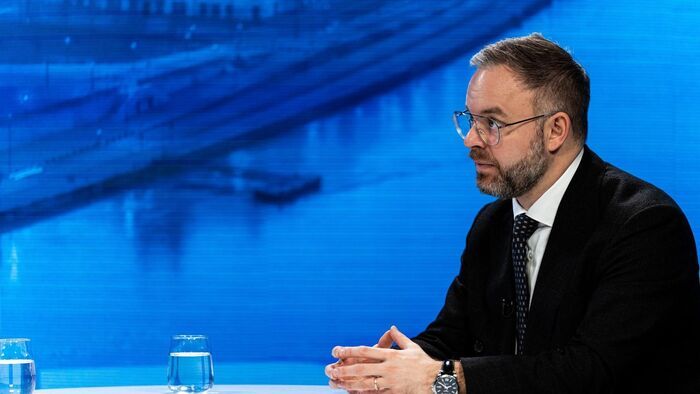

Szóljon hozzá!
Jelenleg csak a hozzászólások egy kis részét látja. Hozzászóláshoz és a további kommentek megtekintéséhez lépjen be, vagy regisztráljon!